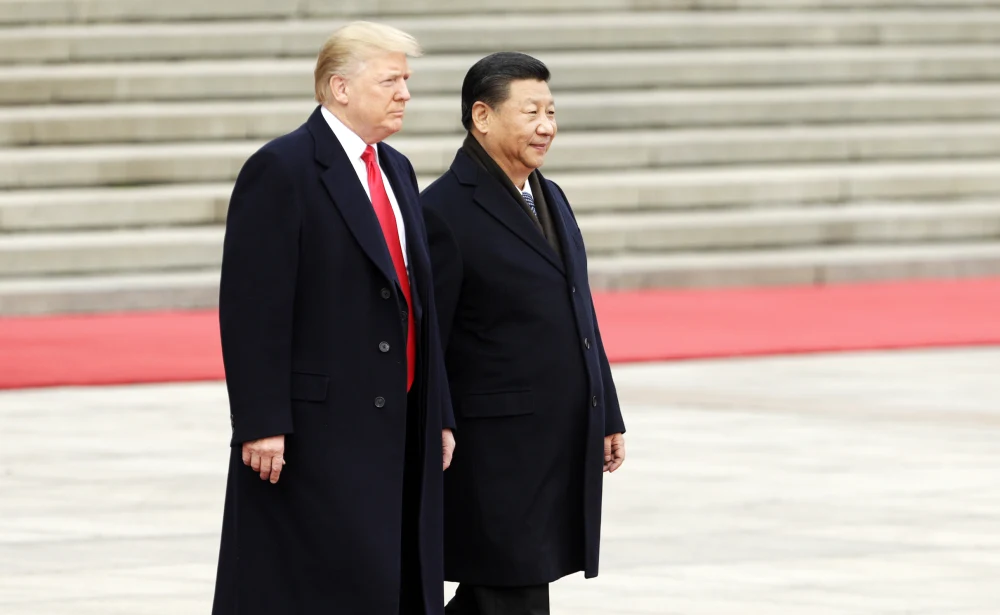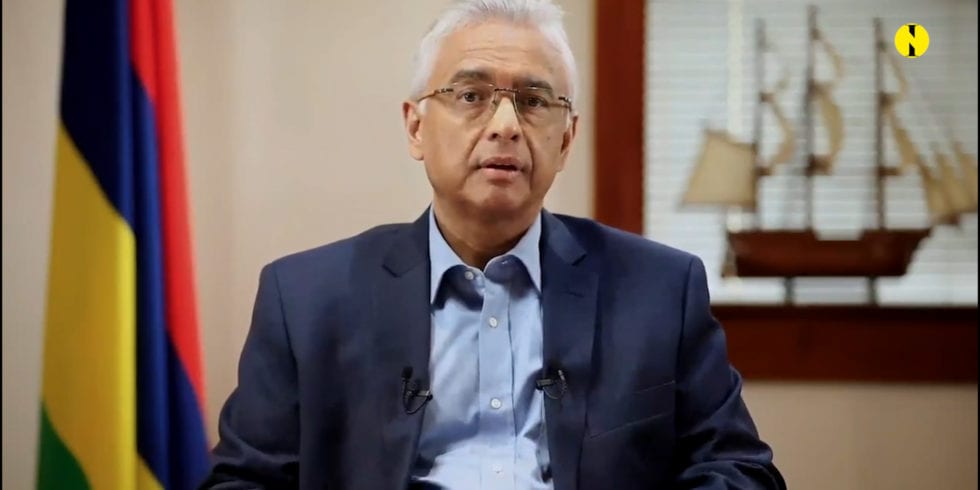The Civil Society Legislative Advocacy Centre (CISLAC) has accused President Bola Ahmed Tinubu of lacking empathy in the face of Nigeria’s worsening insecurity and economic challenges.
Describing the President’s absence during national tragedies as insensitive, the organisation said Nigerians are forced to watch their leader move from city to city abroad while their own communities suffer.
CISLAC executive director, Auwal Musa Rafsanjani, in an Easter message on Monday, said the holy season, which symbolises sacrifice, renewal and hope, has instead become a painful reminder of government failure, deepening hardship, and widespread bloodshed across the country.
While demanding an end to the nation’s growing trauma and calls for collective action against the killings of innocent Nigerians, Rafsanjani said the season is meant to be a time of deep reflection, not just for individuals but for leaders as well
The organisation cited the brutal killings in Benue and Plateau states, along with sustained violence in Zamfara, Katsina, Niger, and Kwara, as evidence of a nation in crisis and a government detached from the suffering of its people.
He said: “The ongoing wave of violence—including the attacks on Logo and Gbagir communities in the Ukum Local Government Area of Benue State, and the horrific massacres in Plateau State that claimed over 50 lives paints a harrowing picture. These are not isolated incidents; they are symptoms of a much deeper crisis: a breakdown in governance and a failure of the state to protect its people. Killings in other parts of the country including Zamfara, Katsina, Niger, and Kwara states reinforce the fact that violence has become pervasive, and no region is immune.
“What makes this reality even more painful is the absence of empathy and decisive leadership from the Tinubu administration. At a time when the nation is crying out for healing and direction, the president’s silence and physical absence are both unacceptable and morally troubling. Leadership is not just about holding office; it is about being present in times of peace and, more importantly, in times of crisis.
“Sadly, Nigerians are forced to watch their leader move from city to city abroad while their own communities suffer. Governance cannot be handled from a distance. National empathy cannot be replaced by press releases or social media posts. If the president cannot provide solutions, the least he can do is stand with his people. If his government cannot end the violence, it must stop pretending that everything is fine.”
According to him, equally troubling is the government’s apparent lack of prioritization in defeating violent criminals, despite the considerable resources allocated to security.
Rafsanjani lamented that the more financial resources are pumped into the system, the more insecurity seems to escalate, which he said is raising serious concerns about the strategic will to confront and end these atrocities.
According to him, until there is clear accountability and effective deployment of resources, insecurity will continue to thrive.
“Even more worrying is the growing distraction from governance, as political actors shift focus to the 2027 elections. The race for future power is overtaking the urgent need to secure lives, manage our diversity, stabilize the economy, and foster peace. This obsession with political positioning, at a time of national emergency, is reckless and deeply irresponsible.”





